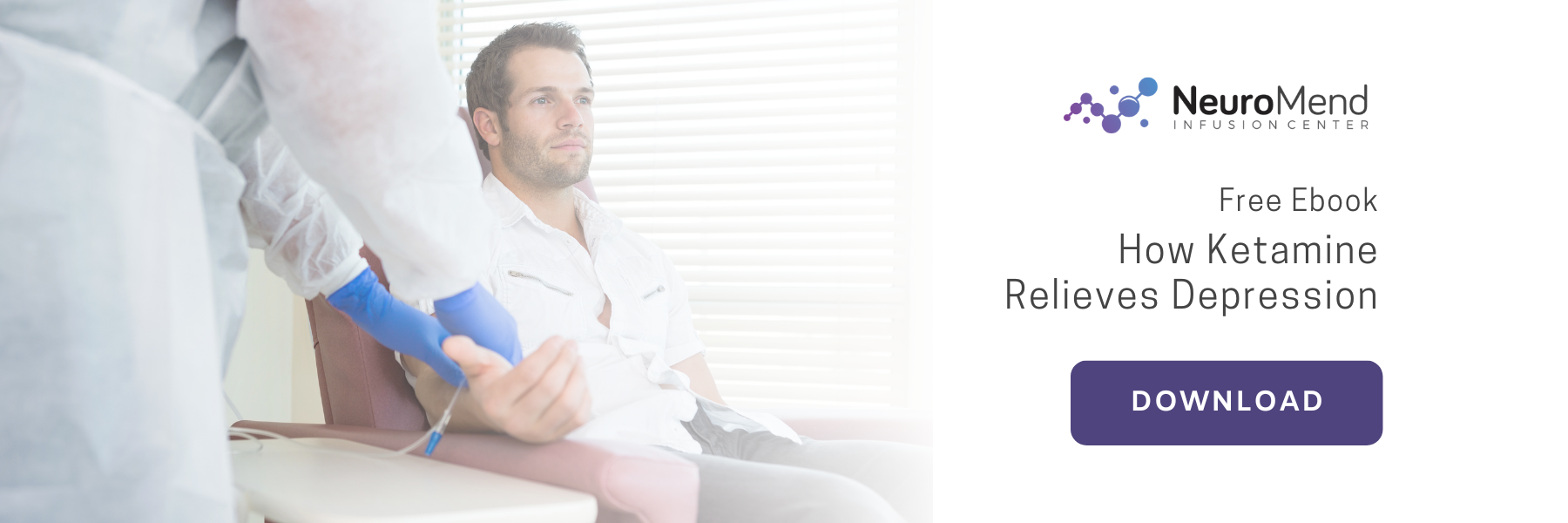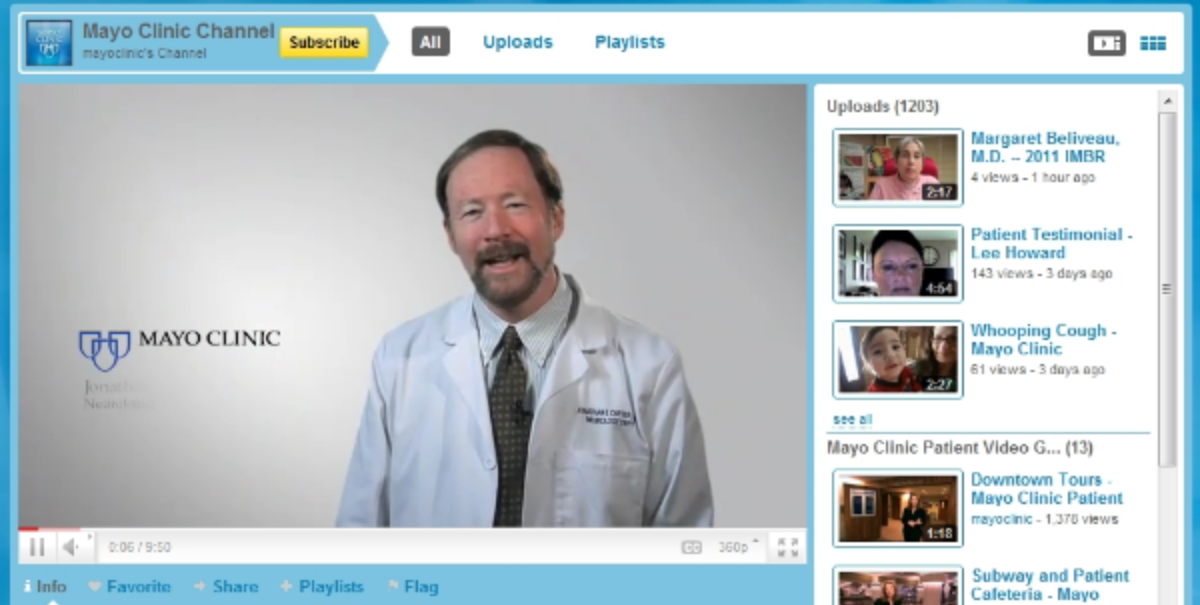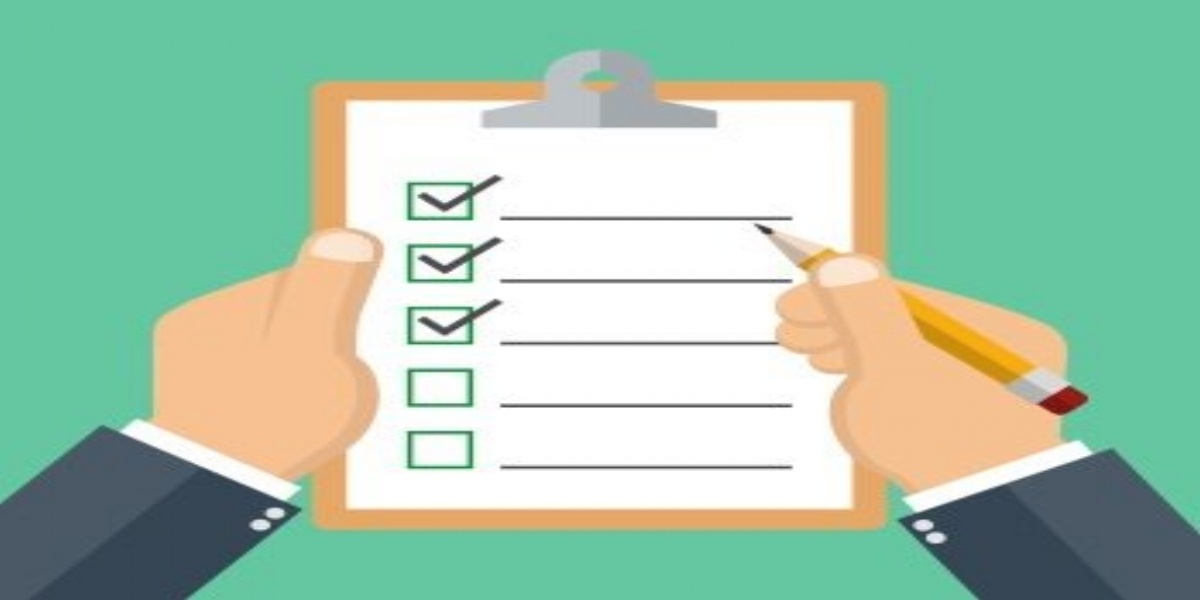
Recently there has been a significant surge in ketamine clinics popping up around the country. Ketamine, once known as the popular party drug "Special K," has recently entered the spotlight for its extreme efficacy in treating depression. Contrary to popular belief that these businesses are looking to make a quick dollar, patients dissatisfied with their current anti-depression treatments who are looking for alternative methods are the ones fueling the demand.
A decade ago, ketamine's uses were minimal. In hospital settings, ketamine has been used as an FDA approved anesthetic. In club settings, it is well known for its hallucinatory effects. However, recent studies are continually proving that ketamine has the ability to battle depression. Still not approved by the FDA for its anti-depression properties, ketamine has been added to the FDA "fast-tracked" list. This list is reserved for drugs that they believe either fill an unmet need or are exponentially better than anything else on the market. Ketamine checks both of these boxes.

All of this has led to an increase in established ketamine clinics. Both doctors and patients have had enough with medicines that don't work. Even the VA (Veterans Affairs) has recognized the benefits of getting veterans with PTSD the help they need. Roughly 30% of all people who seek help for their depression find no relief. They are then considered TRD (Treatment Resistant Depression) patients. Out of this 30%, ones who seek ketamine treatment are finding the assistance they never dreamed would be possible. The word is quickly spreading that depression may have finally met its match.
The recent increase in the number of clinics is especially helpful to those suffering from depression for many reasons. (Find out how to determine if a clinic is first-rate)
- First, the availability of help means less stress in finding a nearby clinic. The last thing someone with depression wants to do is drive six hours away to find relief.
- Second, an increase in clinics naturally leads to an increase in research and data. The use of ketamine therapy for depression will only improve with time and knowledge.
- Third, insurance companies (see how one of our patients fought their insurance and won here) will no longer be able to deny claims based on a lack of proven history.
Too many people have gone too long without relief, only to find something that works for them and then discover their insurance won't cover it. The situation is no different with workers compensation. Companies should be responsible for mental health as well as physical health. If this is the case for you, know that here at Neuromend we have experienced staff and many options to help you find a plan affordable to you.
What does all this mean for the future of ketamine as a treatment for depression? It is impossible to say for certain, but with FDA fast-tracking and uses by VA hospitals, the darkness where depression hides is slowly but surely beginning to have a light shed on it.
ABOUT NEUROMEND INFUSION CENTER
![]() We are an Evidence-Based Center of Excellence and the leading provider of Ketamine Infusions, IV Infusions and Ketamine Consulting Services for Ketamine Clinics and IV Therapy Clinics.
We are an Evidence-Based Center of Excellence and the leading provider of Ketamine Infusions, IV Infusions and Ketamine Consulting Services for Ketamine Clinics and IV Therapy Clinics.
We Provide Effective Treatment For The Following Conditions: Major Depressive Disorders, Post-traumatic Stress Disorder (PTSD), Bipolar Depression, Obsessive Compulsive Disorder, Suicidal Ideations, Chronic Migraines, Severe Anxiety, Fibromyalgia and Chronic Pain Syndromes.










